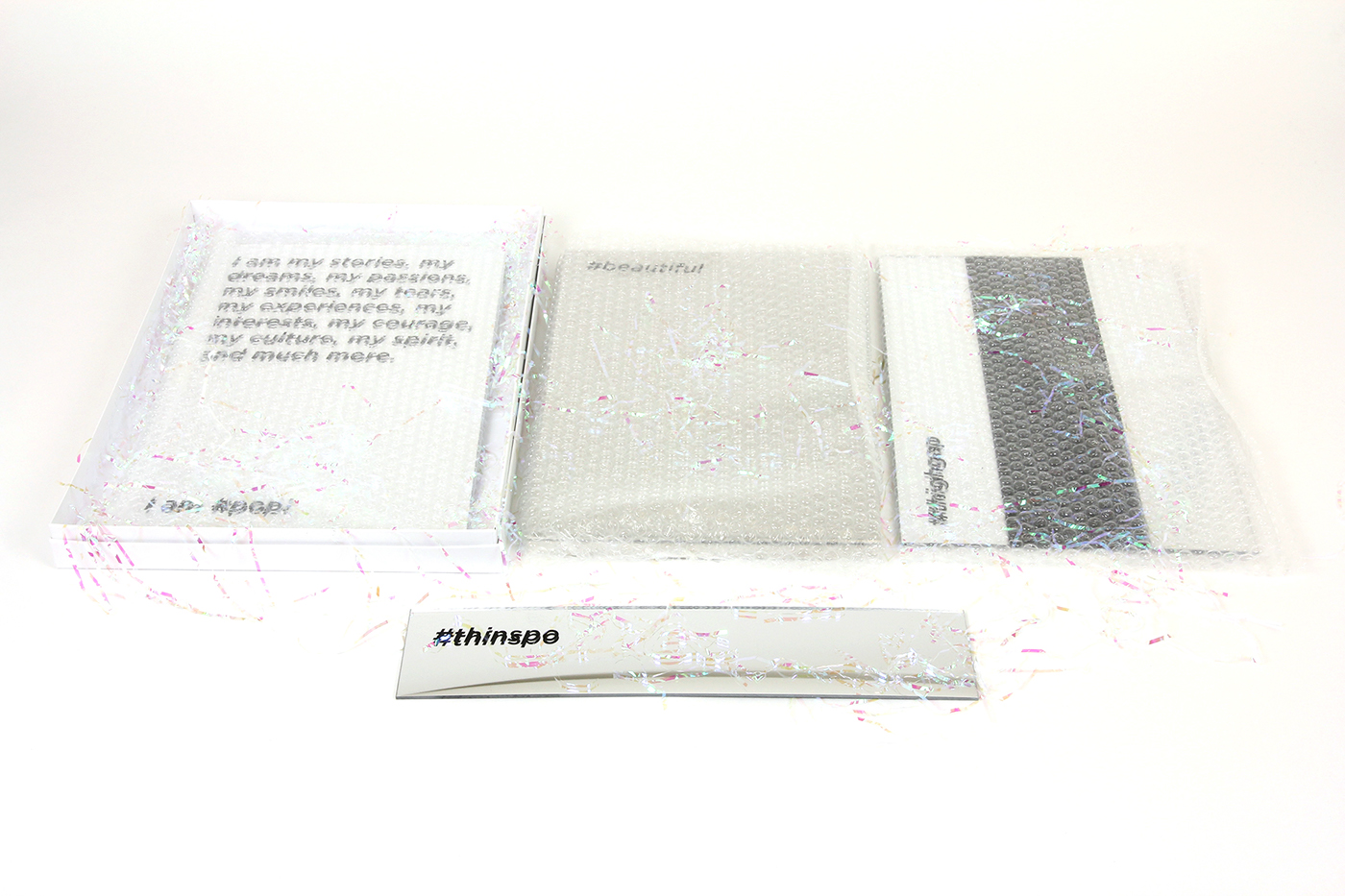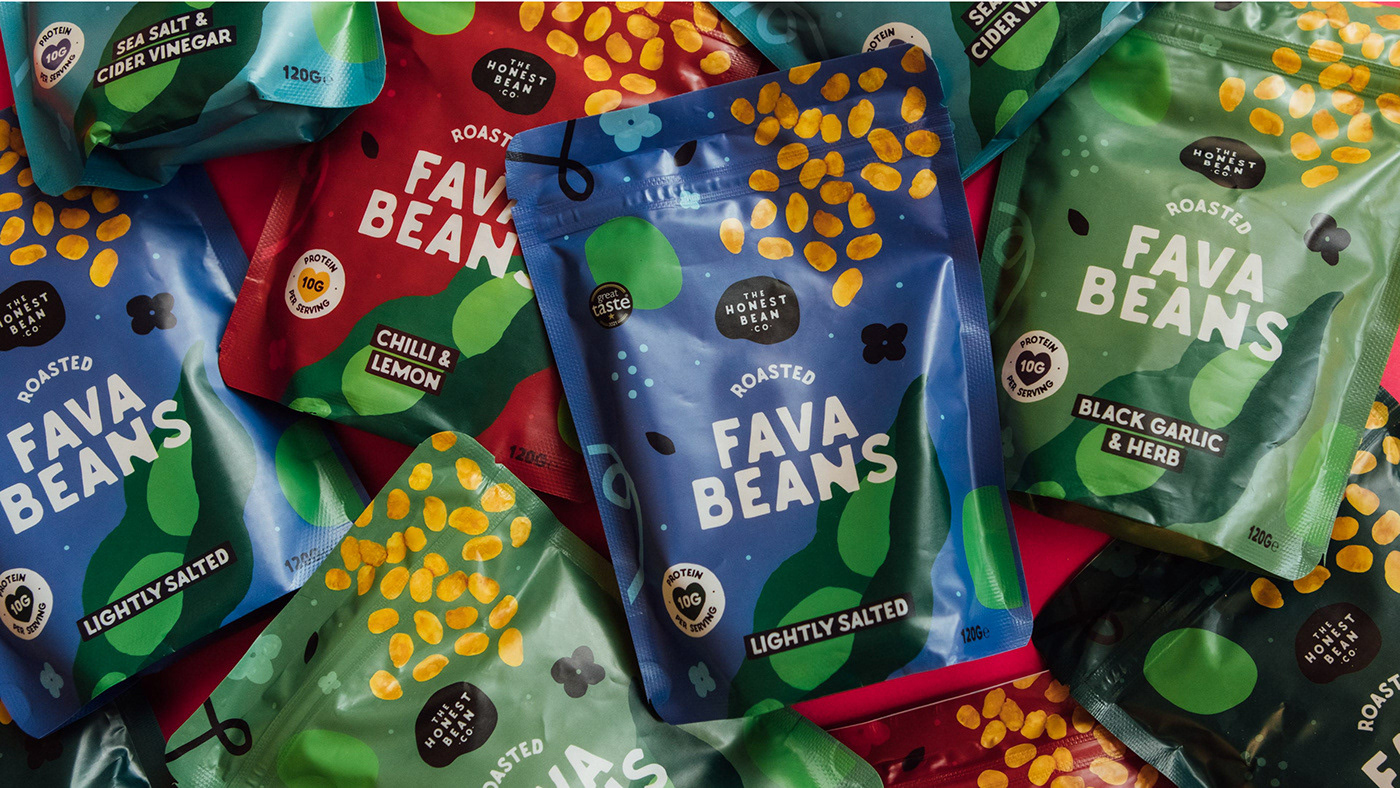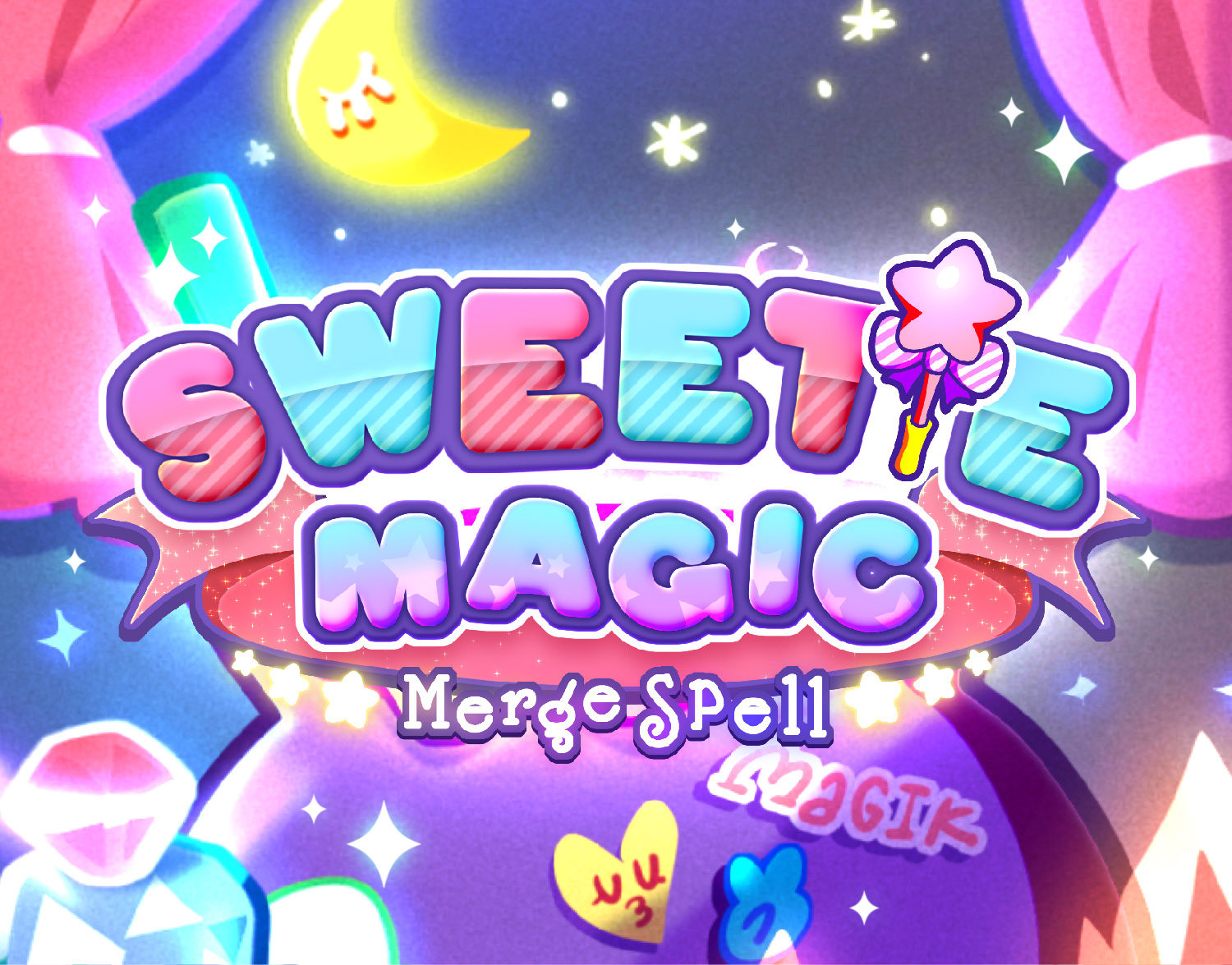FINAL MAJOR PROJECT - MA Graphic Branding & Identity
at London College of Communication (UAL)
at London College of Communication (UAL)
We are social and it is impossible to deny. Today social media have become such an integrated component of human interaction. It is enough to look around us to spot that the gaze is turned down; literally, people are always staring at their phones. But what does it implicate? My research shows that teenage girls are the most affected by social media especially for what concerns their body image. The brand Pop! aims to tackle this issue starting from its roots, challenging teens to change their online behaviour.
Pop! believes social media can be seen as breeding grounds for new attitudes and behaviours, not only as a laboratory for the creation of a body image stigma. It is a movement that arises from the assumption that being focused just on physical appearance and being exposed to body talk online negatively affects teenage girls’ self-esteem. Pop! truly believes that slowing the rise of body talk online will empower girls in hindsight. The brand is aware that changing youths’ attitude is never easy, so it challenges them not to homogenise with the others but, instead, to pop up with original content. It is inspired by the philosophy of the Pop-Up generation. Thus its actions are temporary, mobile, hybrid and DIY. Pop! will make girls stakeholders of new behaviours online, relying on social media as a tool to spread its messages.
Pop! believes social media can be seen as breeding grounds for new attitudes and behaviours, not only as a laboratory for the creation of a body image stigma. It is a movement that arises from the assumption that being focused just on physical appearance and being exposed to body talk online negatively affects teenage girls’ self-esteem. Pop! truly believes that slowing the rise of body talk online will empower girls in hindsight. The brand is aware that changing youths’ attitude is never easy, so it challenges them not to homogenise with the others but, instead, to pop up with original content. It is inspired by the philosophy of the Pop-Up generation. Thus its actions are temporary, mobile, hybrid and DIY. Pop! will make girls stakeholders of new behaviours online, relying on social media as a tool to spread its messages.


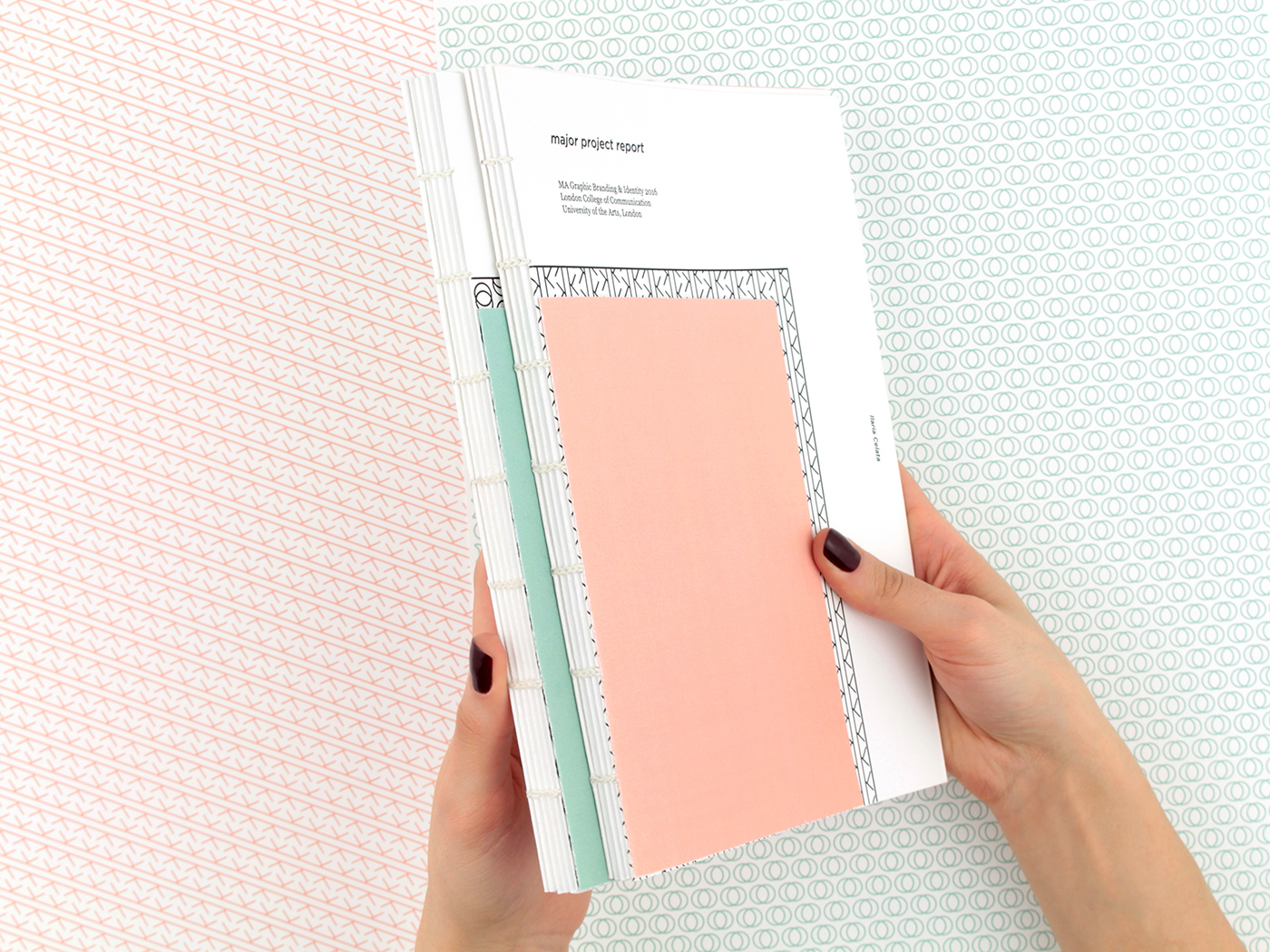
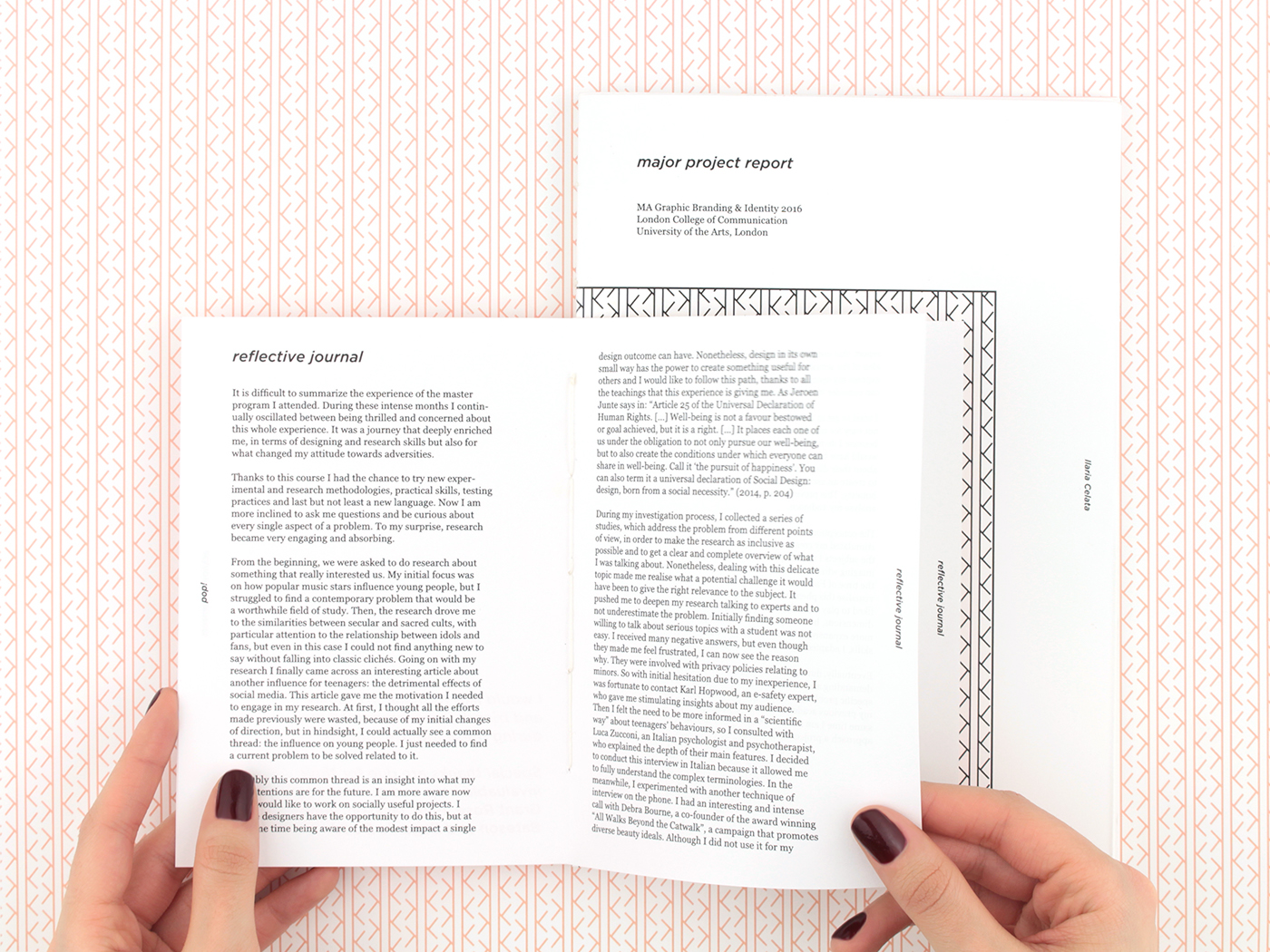

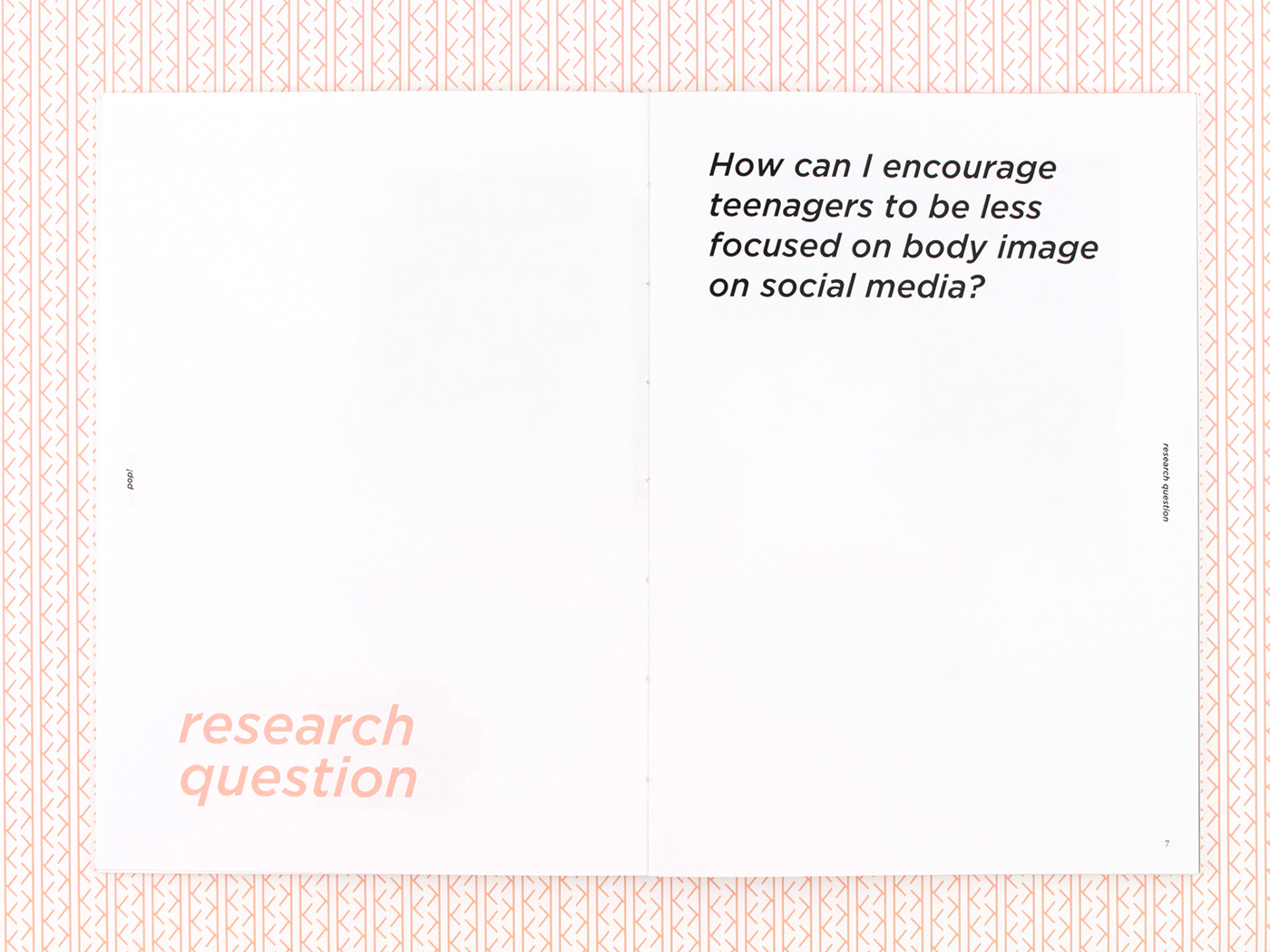
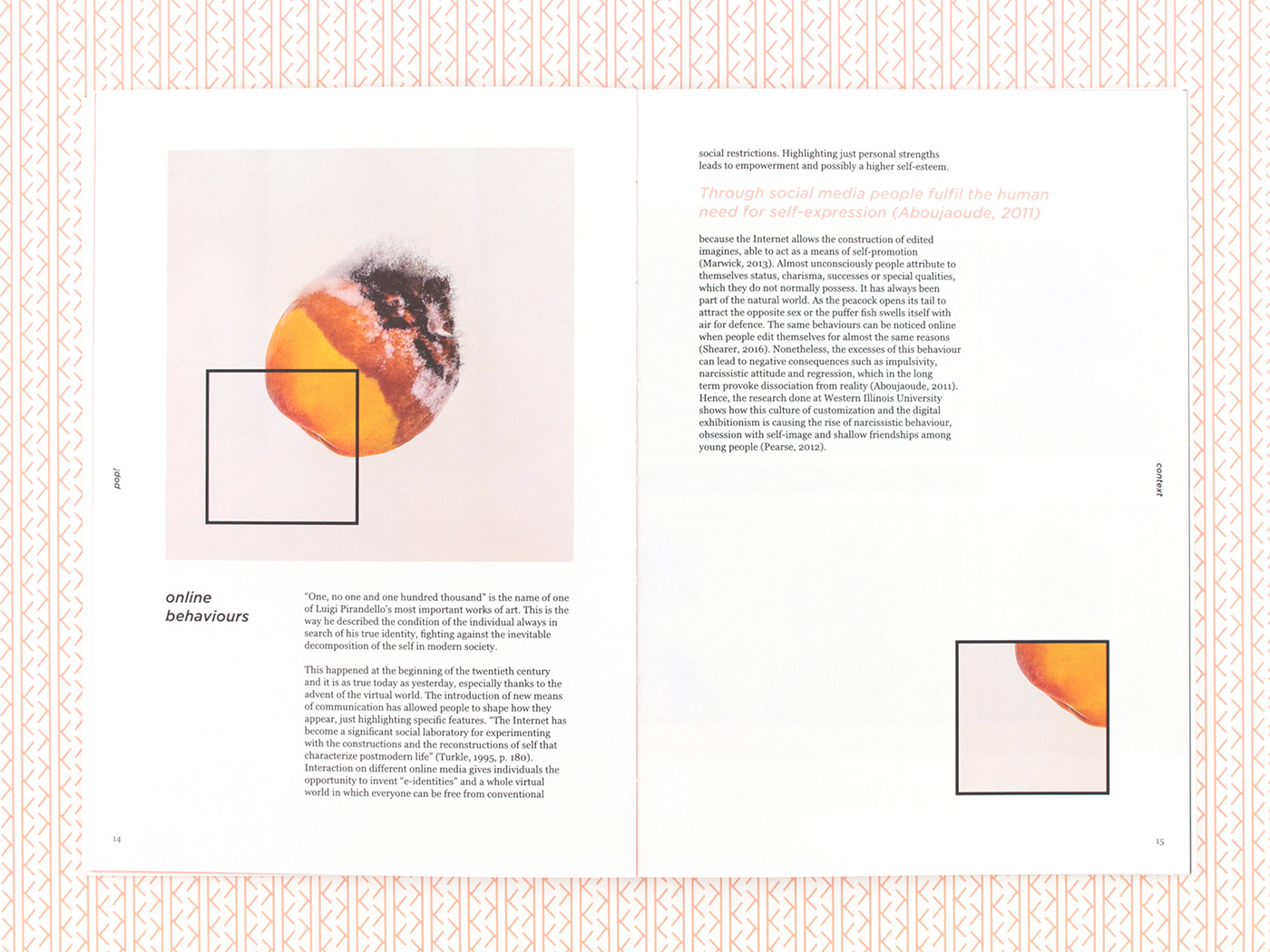
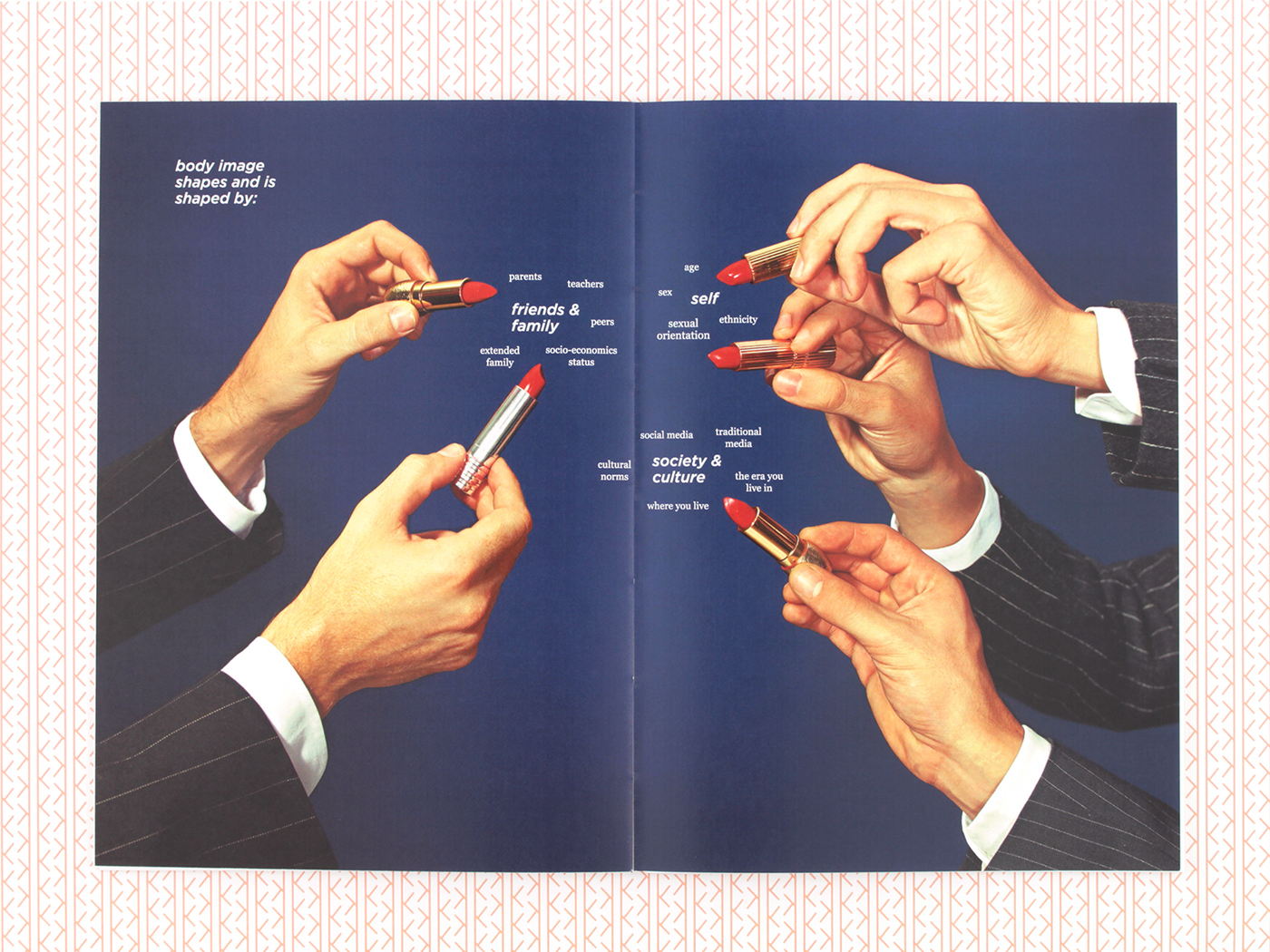

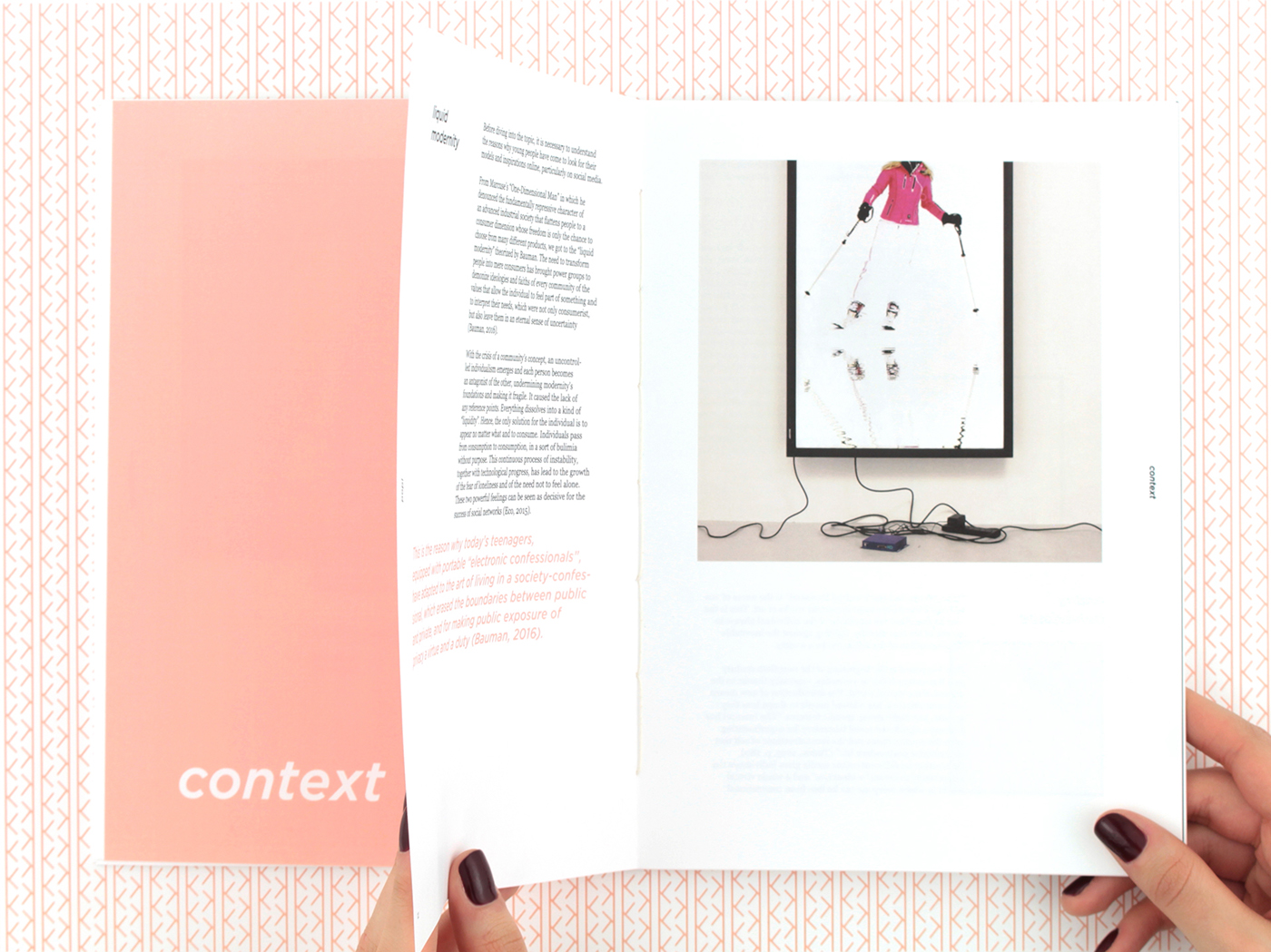
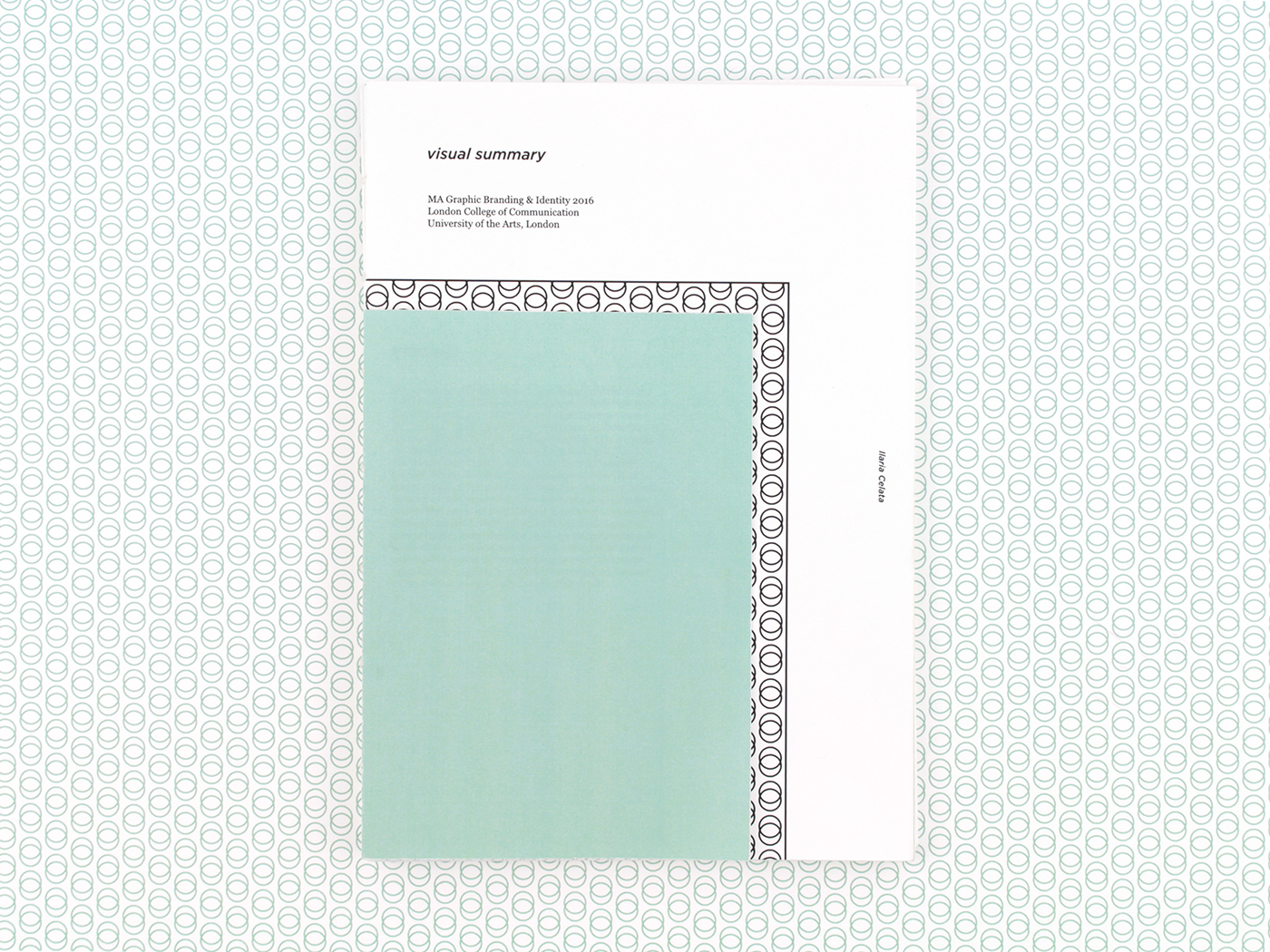



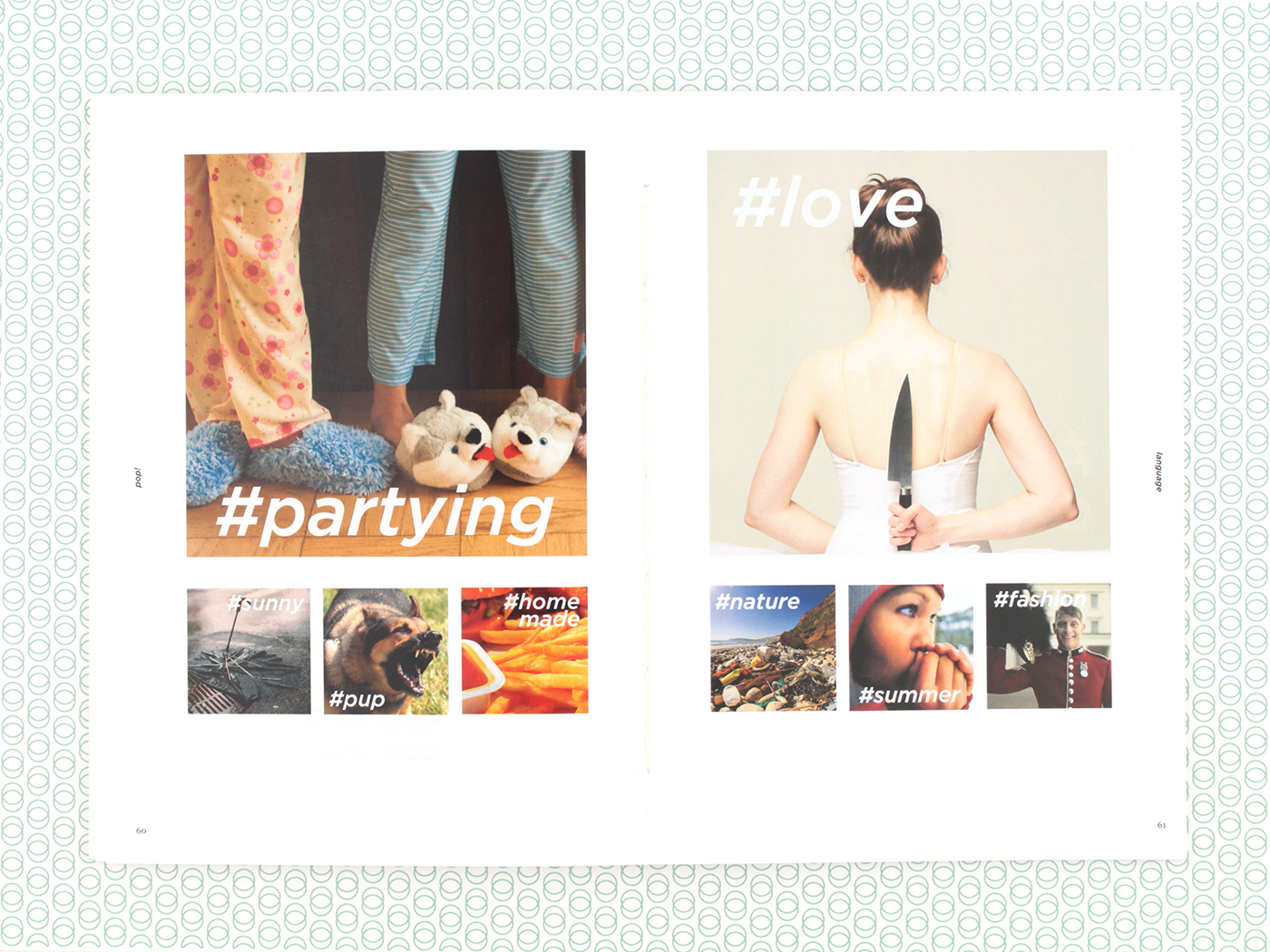


The principle visual outcome of my project is a series of mirrors, which makes girls experience the essence of the brand. They represent the concept at the basis of my project: being exposed to body talk on social media and the effect it has on the way teenagers see themselves. Each mirror has written on it a hashtag that represents a type of “distortion” that affects girls’ body image. I used different techniques to show these misrepresentations. The tone of voice is still challenging and friendly, but at the same time it can generate reflection among teenagers, who can experience explicitly the impact this attitude may generate online. On the first mirror, which is actually a distorting one, the hashtag #beautiful appears. The image generated by it is distorted to make the user looks like “ugly”. This has to be placed at an average height to reflect the teens’ face. The second mirror has written on it #thighgap and it is going to be positioned at thigh height. It is deliberately covered at the centre in order not to reflect the real “thigh gap” of teenagers, who are subject to dozens of photos on a daily bases, suggesting how wide this gap should be, but are not able to see their thighs objectively. On the other hand the third one, #thinspo (thin inspiration) mirror, is intentionally so narrow no one will be able to reflect their entire figure, leaving the audience with the feeling of being too “fat”. This replicates another part of the scenario of body talk online. These first three mirrors embody what happens in the mind of a teenage girl when she is subject to online social comparisons about her body image; instead, the last one represents the brand Pop!, without any distortion or hashtags related to the body. It is a normal mirror which reflects the image of the girl as she is without altering it. It entails how avoiding body talk online and being focused less on appearance does not “distort” girls’ body image. Just the brand’s motto appears upon it: “I am my stories, my dreams, my passions, my smiles, my tears, my experiences, my interests, my courage, my culture, my spirit, and much more. I am #pop!”
